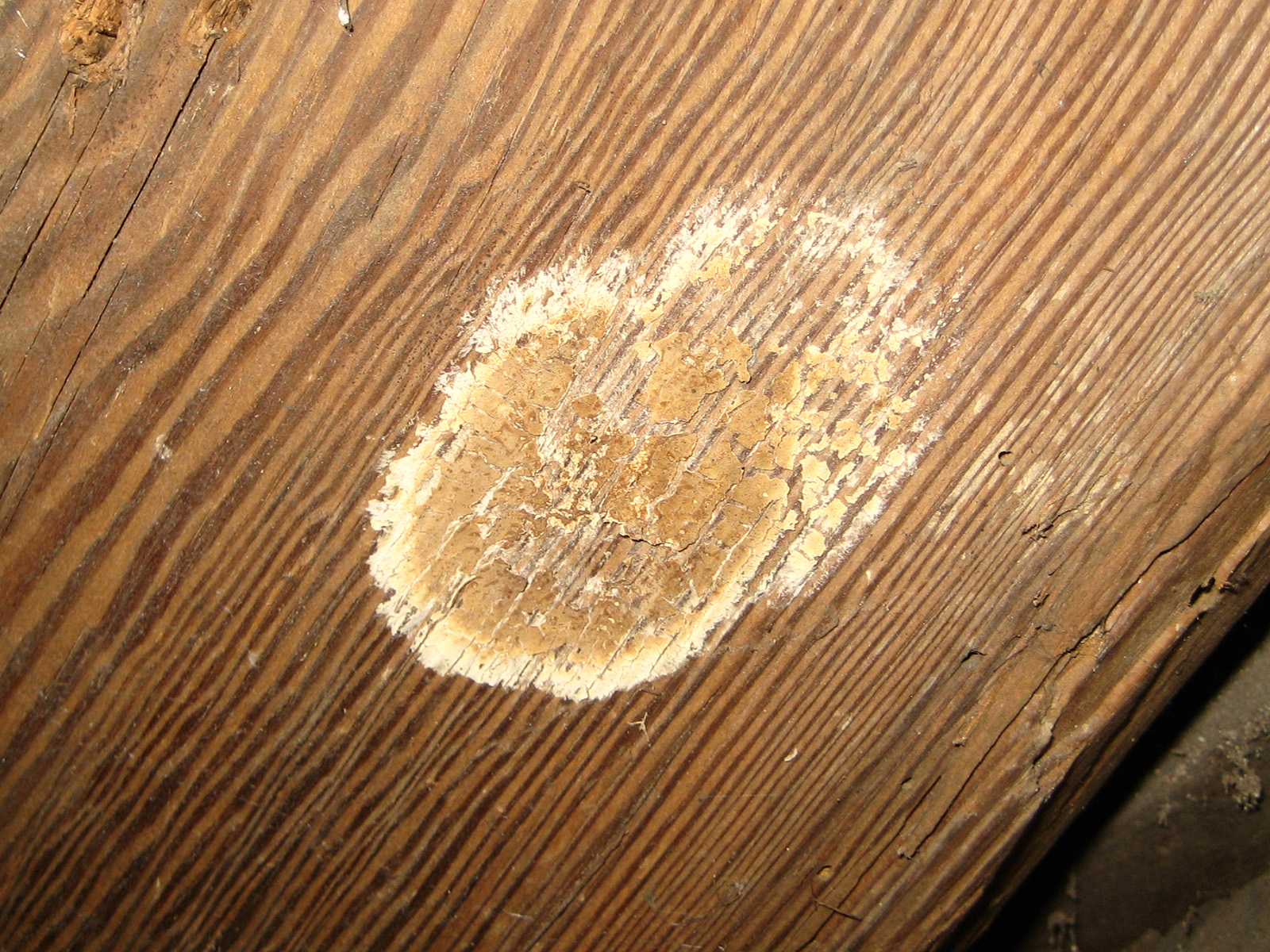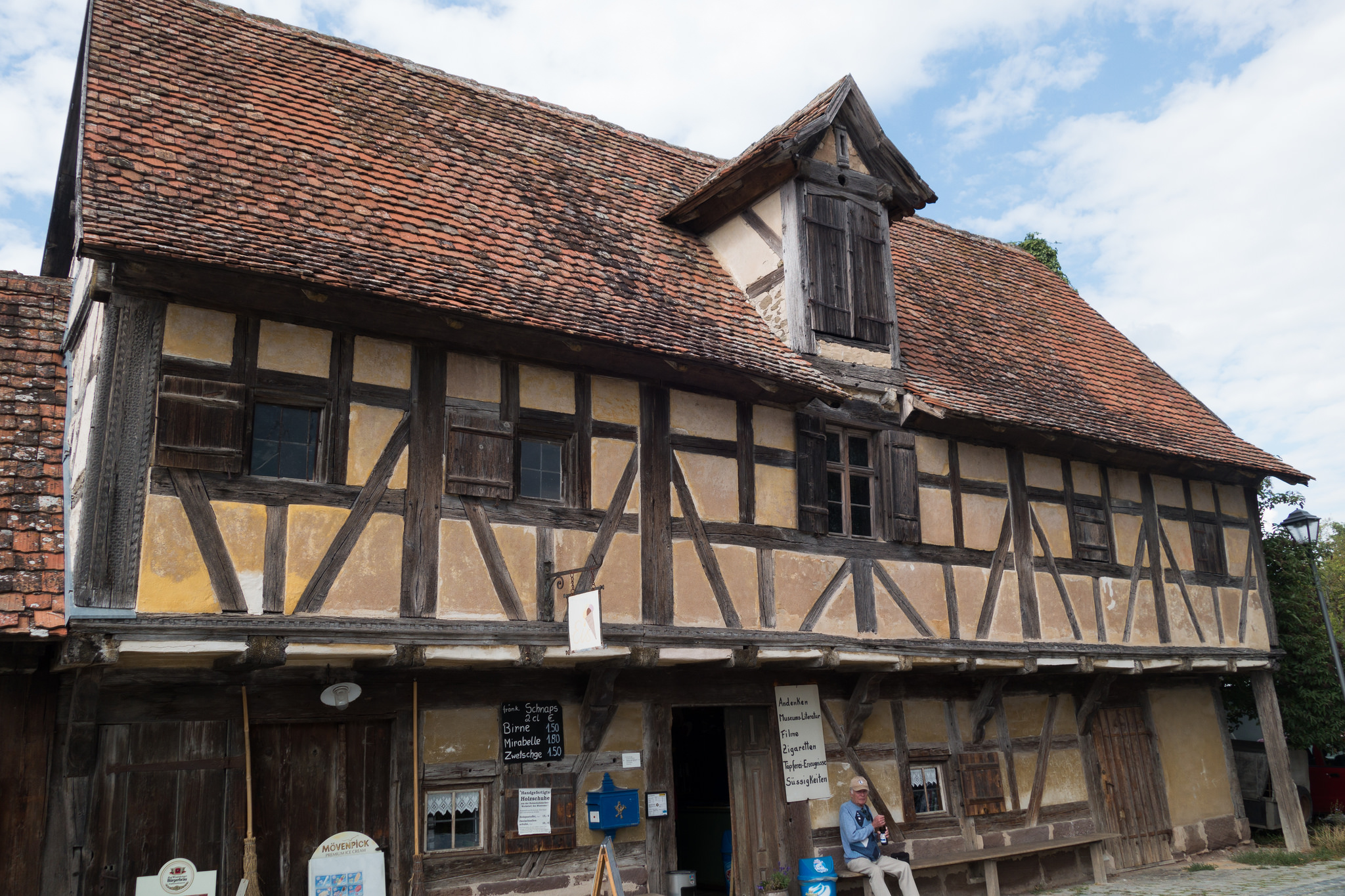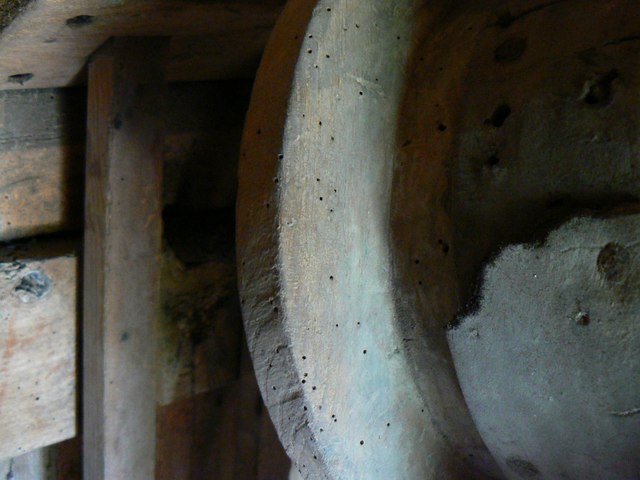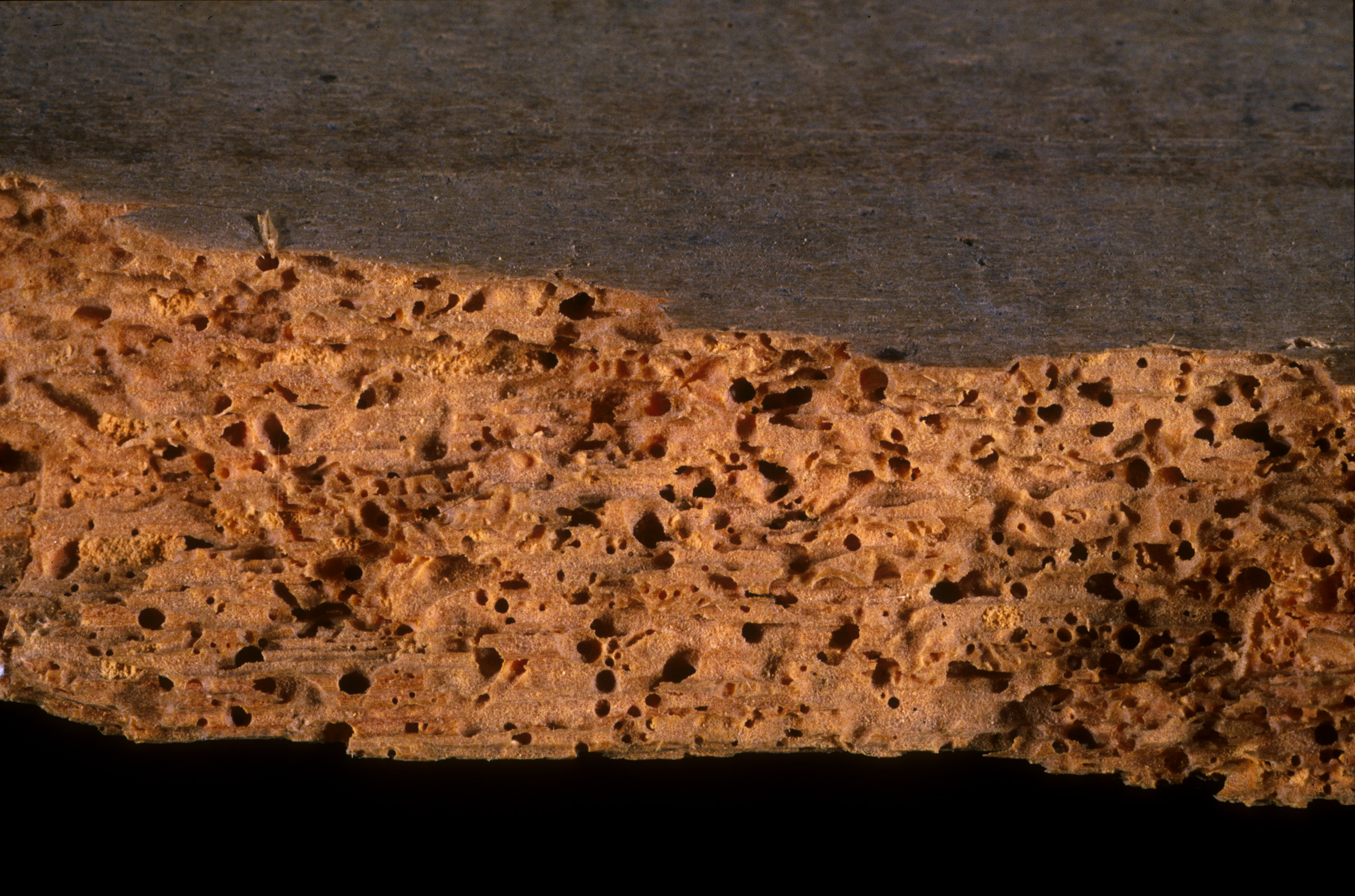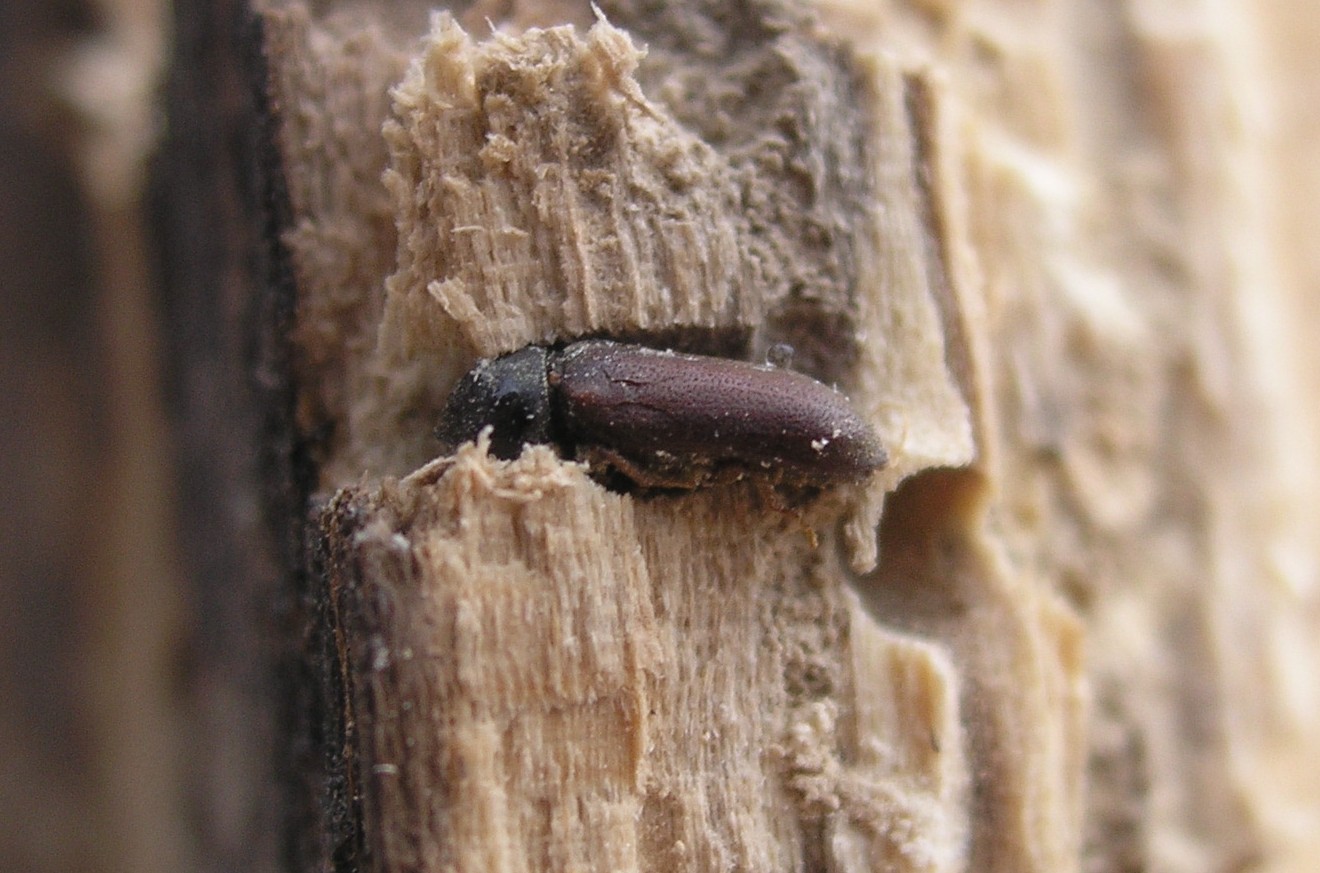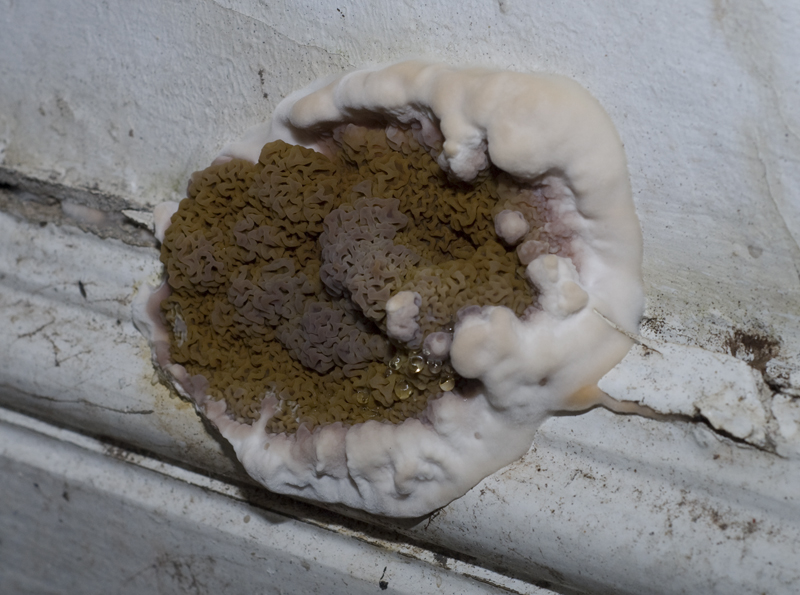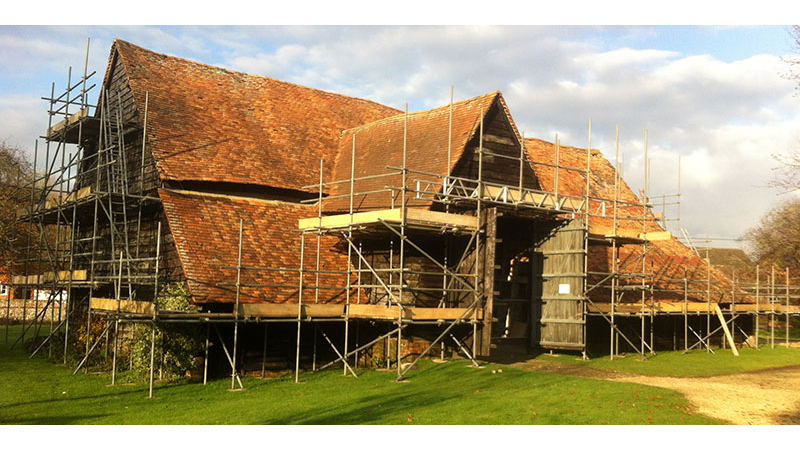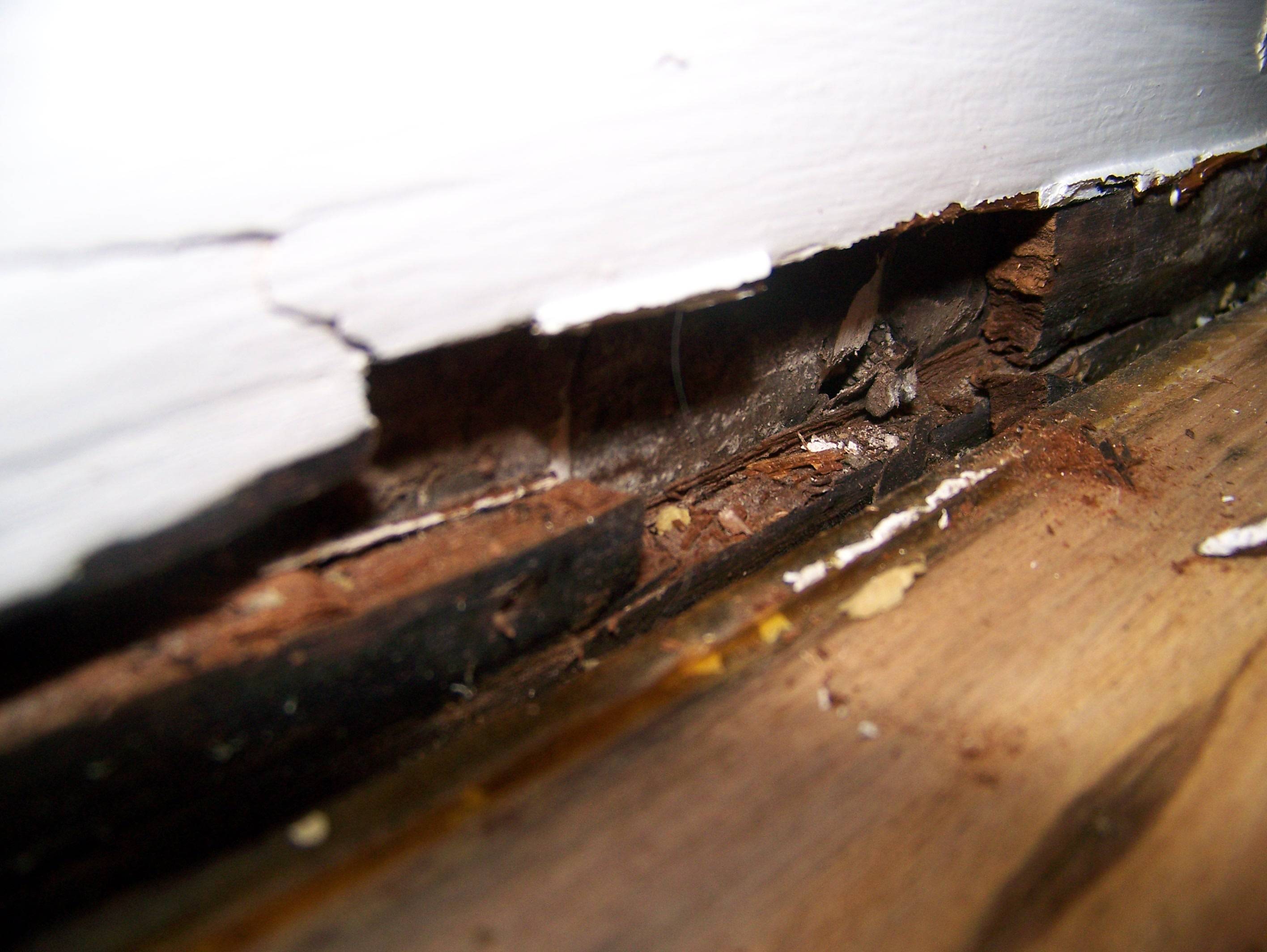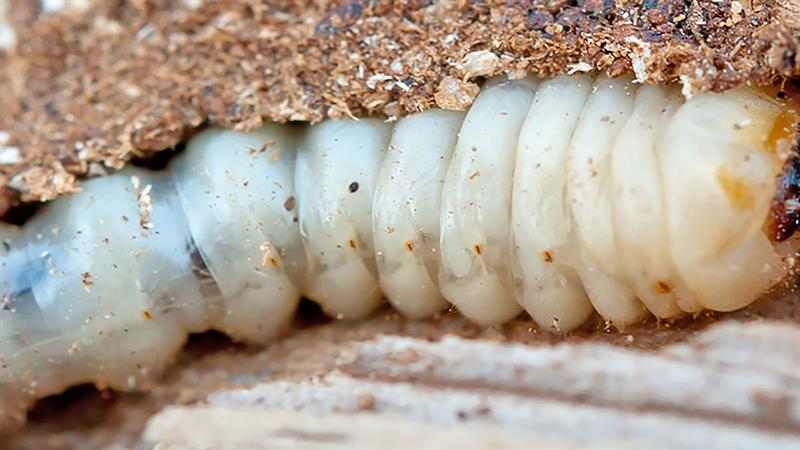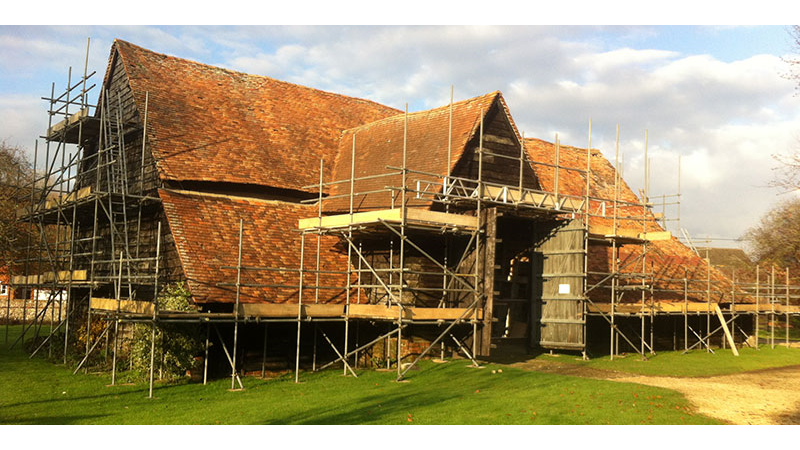June 2017
We live in a wonderful place – you might even say the best place on earth – but our natural environment is a perfect environment for woodworm, dry rot, and wet rot. So much so that a builder working in the Forest of Dean is using modern materials instead of traditional lumber to build new holiday cabins.
Is it possible to have so much damage that you need a specialist woodworm treatment, without knowing the damage exists? Absolutely. The nature of woodworm makes it very possible for the insects to wreak havoc on timbers without property owners knowing about it until extensive damage has already been done. We see these kinds of cases all the time.
Regular readers of our blog know we spend a lot of time talking about woodworm. In past posts, we have explained how woodworm damages timbers and how to effectively kill woodworm larvae. All this is good information, but it’s not enough if you're part of the building trades. We encourage you to learn how to identify woodworm on sight.
As timber treatment specialists, winter is our busy season for wet rot. Between the snow, rain, and constantly fluctuating temperatures, we see a lot of water problems that eventually develop into a wet rot condition. We are happy to say that discovering wet rot in your home is not the end of the world. If it is addressed soon enough, it is far less damaging than dry rot.
Wet rot is a common problem in the UK due to our tendency for high humidity and precipitous weather. It has been suggested by some in the timber treatment industry that nearly every home in the UK will experience some form of wet rot at least once or twice. Have you seen wet rot in your own home?
In our quest to help control woodworm and other timber-destroying diseases in England, we have to be careful that the procedures and chemicals we use do not harm other species. Bats are a notable example. All 18 species of bats found in the UK are protected by law. Therefore, we cannot be reckless in our use of woodworm treatments that could harm them.
Most of what we cover in our blog posts addresses negative things like wood rot and woodworm. We thought it might be nice to turn the tables this month and address something positive. We will set things up by asking a question: is woodworm treatment the secret to Stradivarius' success?
What may turn out to be the wettest summer on record has many a British homeowner concerned about damp patches on the ceilings or walls. What are they concerned about? Timber rot. And if timber rot is a genuine concern for you, it is also cause to have a professional inspection conducted. Both wet and dry rot can be devastating to the timbers of your home if left untreated.
If you have ever wondered just how prevalent dry rot is in the UK, a quick perusal of the news headlines using your favourite internet search engine should do the trick. A search conducted prior to writing this post uncovered a long list of stories relating to buildings across the country. There were stories of dry rot from Bolton, Perth, Great Bircham, and Burton – and that was just the first page of results.
Earlier this year, we learned of a scam involving door-to-door fraudsters selling fake woodworm services. As woodworm specialists, these kinds of scams are terribly offensive to us. They prey on innocent people who do not know anything about woodworm or timber rot, and they give the entire woodworm treatment industry a bad name.
Imagine being tasked with the responsibility of overseeing the care and maintenance of historic buildings. After many years on the job, you are no longer terrified by the thought of an old building showing signs of dry rot. You know full well that modern timber preservation techniques are more than adequate to address the problem.
Discovering a woodworm infestation in your home is never a good thing. Woodworm is a serious problem that can harm everything from wood furniture to the underlying structure of the property itself. The question we frequently get from clients is one of whether woodworm treatment is a one-time proposition or not. Unfortunately, there is no black and white answer we can give.
On average, approximately 5000 UK properties receive professional timber treatment every week so if you think you have a woodworm infestation, it’s not remarkable just unwelcome.
You know the importance of checking things like roofing, foundations, and windows when buying a house. You know to be wary of properties that look like they have not been maintained very well by previous owners. How much do you know about wood rot?
As specialists in wood preservation in the Thames Valley area, we handle our fair share of cases involving both dry rot and wet rot. Customers routinely ask us if there is a difference. When we respond positively, they inevitably want to know what the difference is and how they can avoid problems in the future.
Control Services Timber Treatment’s experts need every potential client to know that in the event of a flood, plumbing issue, excessive condensation, inadequate ventilation, adverse weather, a leaking roof or any incident in which the moisture levels increase significantly, to 50% or more, that immediate action should be taken.
Control Services Timber Treatment has been in operation for over twenty-five years. When you contact us with your concerns about timber preservation or wood rot treatment we draw on our extensive knowledge and practical abilities to deliver the highest levels of service.
Finding a woodworm infestation in any part of the house is the stuff of nightmares for many homeowners. The discovery of timber or furniture riddled with holes can sometimes spark a panicked, and often ill-thought-out, clear out but there is no need to rush into any decisions. In fact, in some cases, there may not be any reason to worry at all.
Woodworm refers to the damage caused by insect larvae living under the surface of wood. It is in fact not a worm but a wood-boring beetle. The beetles lay their eggs and their larvae cause the damage, burrowing beneath the surface of the wood eating their way up and down the timber and hatching out, boring their way into the open air.
Don’t forget to check the integrity of the wood in the property. Just because timbers might look strong when you take quick glance that doesn’t mean that below the surface there isn’t an issue. A glance won’t tell you if the timbers have been attacked by woodworm, wet rot or dry rot.
Thames Valley Timber Treatment has been operating for over twenty-five years, we are leading experts in timber treatments and timber preservation. We enjoy a partnership with Sovereign Chemicals and are proud to offer thirty year guarantees for our work.
We’ve met many people over the twenty five plus years that we’ve been in operation who have called us in after they’ve made a brave attempt at eradicating a wet rot or dry rot issue.





